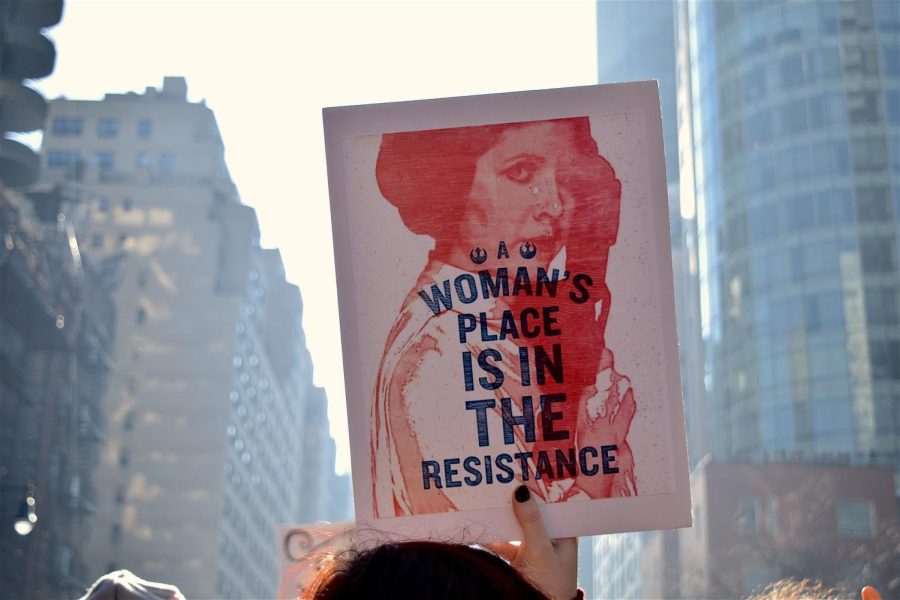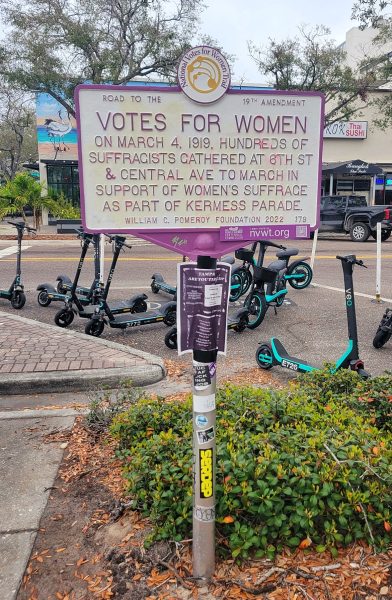Women’s History Month: Women in Politics, Science, and Literature
Women have always held a prominent, yet uncredited, presence in society. To this day, women’s voices in politics, their achievements in the scientific field, and their contributions to literary marvels are incredibly unsung. Recognizing these achievements is vital to progress to gender equality.
Women have always faced under-representation in politics, an issue that not only creates unfair laws, educational fields, and work environments, but also fosters stigmatized and hostile conditions. From saying that women are too emotional to handle the presidency to the notorious “how about a smile?” This type of blatant sexism is just not present towards men in the same political positions. Alexandria Ocasio-Cortez, Hilary Clinton, Kamala Harris, Ruth Bader Ginsburg, and Elizabeth Cady Santon are all extremely influential women who faced maximal ridicule when advocating for a woman’s place in politics. Even after 100 years of voting rights and participating in the work force, women make 82 cents to a man’s dollar.
We would not live in a similarly functioning society without the inventions created by women, Wi-Fi, computer algorithm, the dishwasher, the medical syringe, bullet-proof fiber, windshield wipers, and the home security system are all women made inventions. Hedy Lamarr — an Austrian American actress, inventor, and wireless communications pioneer — invented a frequency-hopping signal, used to defeat the Nazis, now used in wireless communication systems such as GPS, Wi-Fi, and Bluetooth.
Literary wonders such as Mary Shelley, Toni Morrison, Agatha Christie, Virginia Woolf, Jane Austen, and Joan Didion have created some of the most referenced novels of all time, from Frankenstein to Murder on the Orient Express to Pride and Prejudice, the importance of female authors in history is a crucial one that offers diversity, perspective, and inspiration. Women typically offer a more realistic perspective when it comes to female leads and the experiences that can only be told by those exposed to them firsthand.
America still has a long way to go to reach gender equality, but the issue does not just stem from discrimination from men directed at women, there is also extreme discriminatory actions conducted by White women towards Black women, known as “White feminism,” an ideology where White women in the feminist movement focus solely on improving the levels of equality within only their community and — intentionally or not — excluding or ignoring Black women from the movement altogether.
To reach gender equality in America, we must continue to recognize women’s contributions to politics, the scientific field, and literature, while working to make the feminist movement a more inclusive environment, closing the pay gap, and healing the educational gap.









